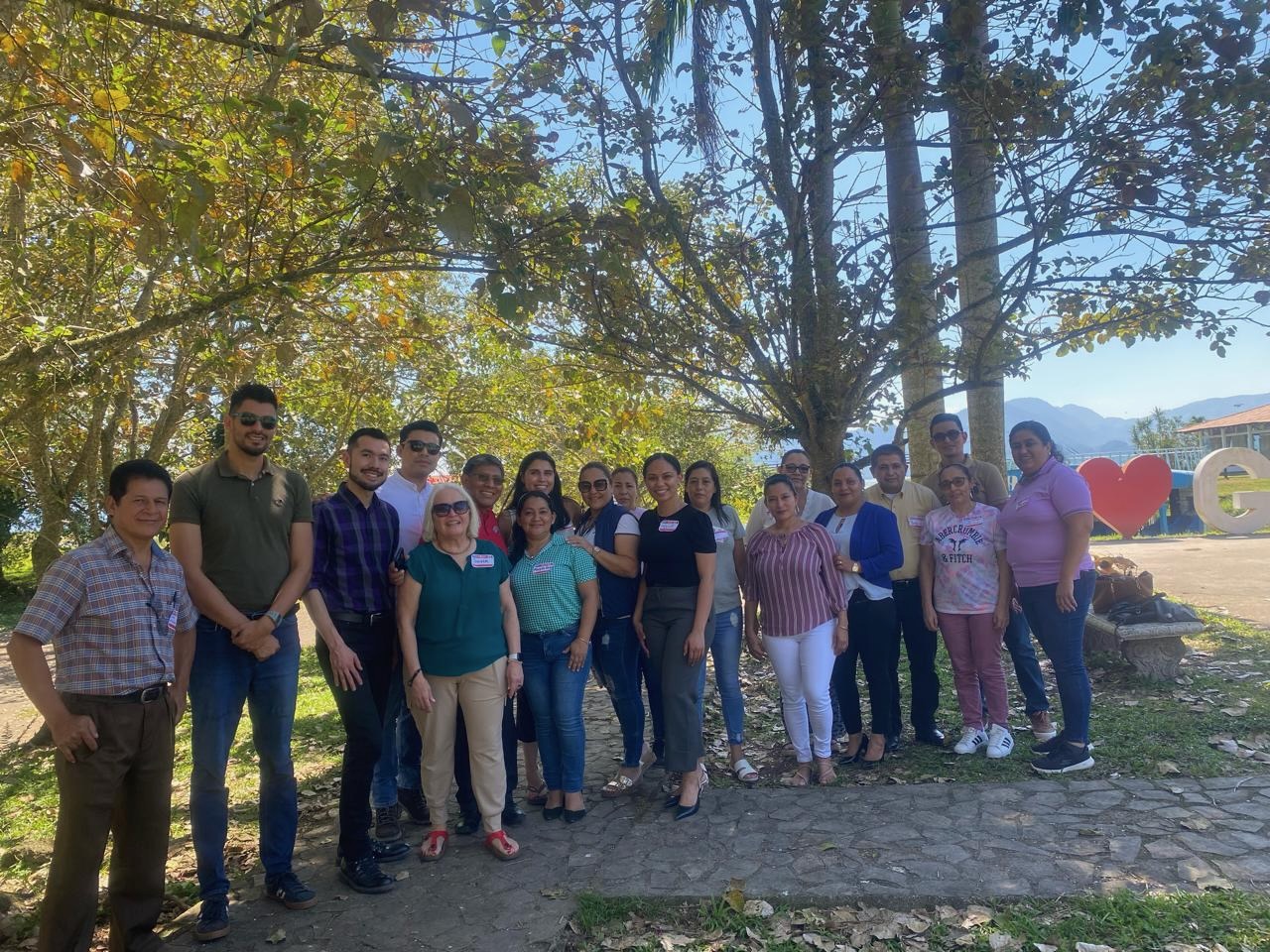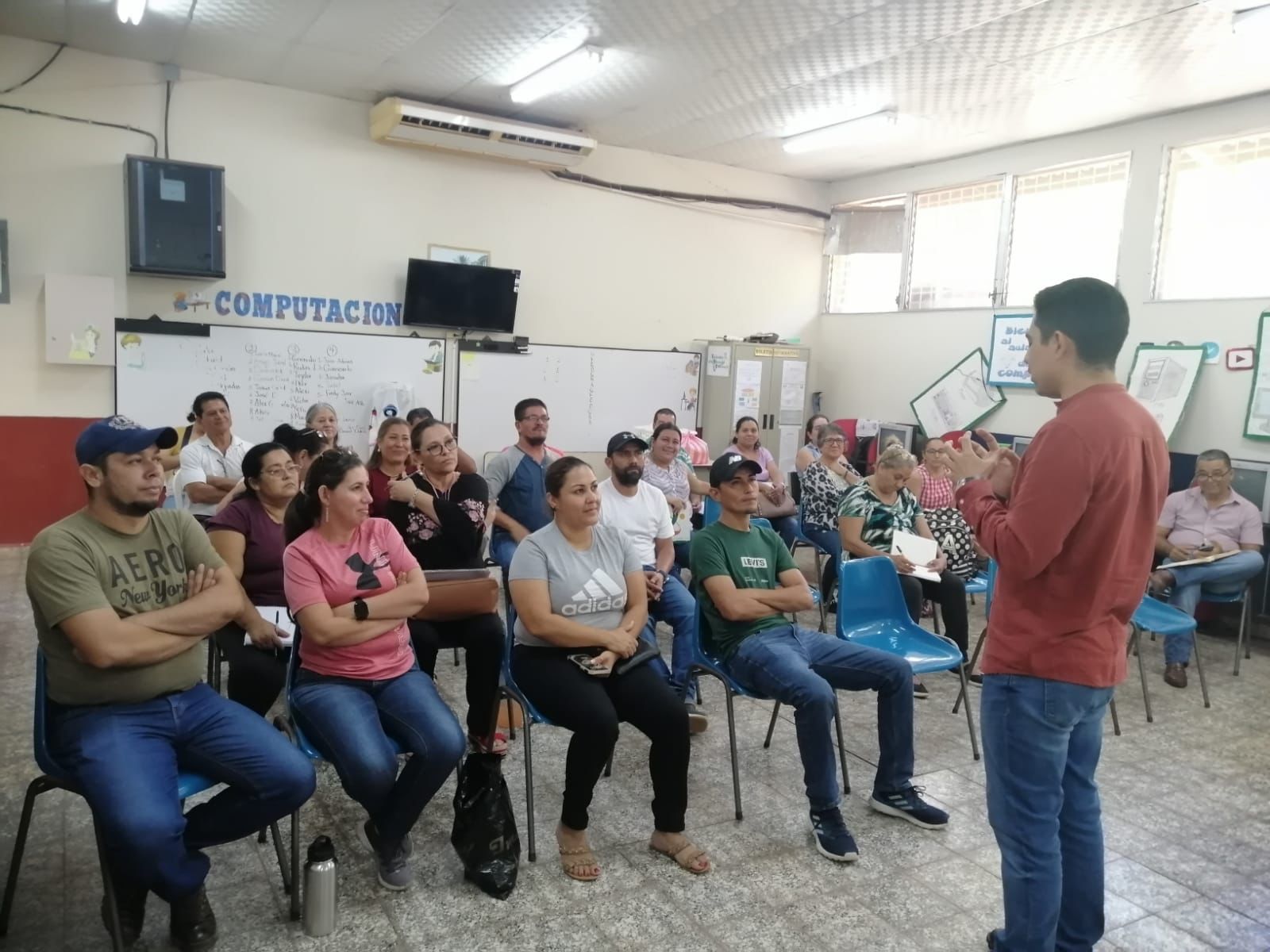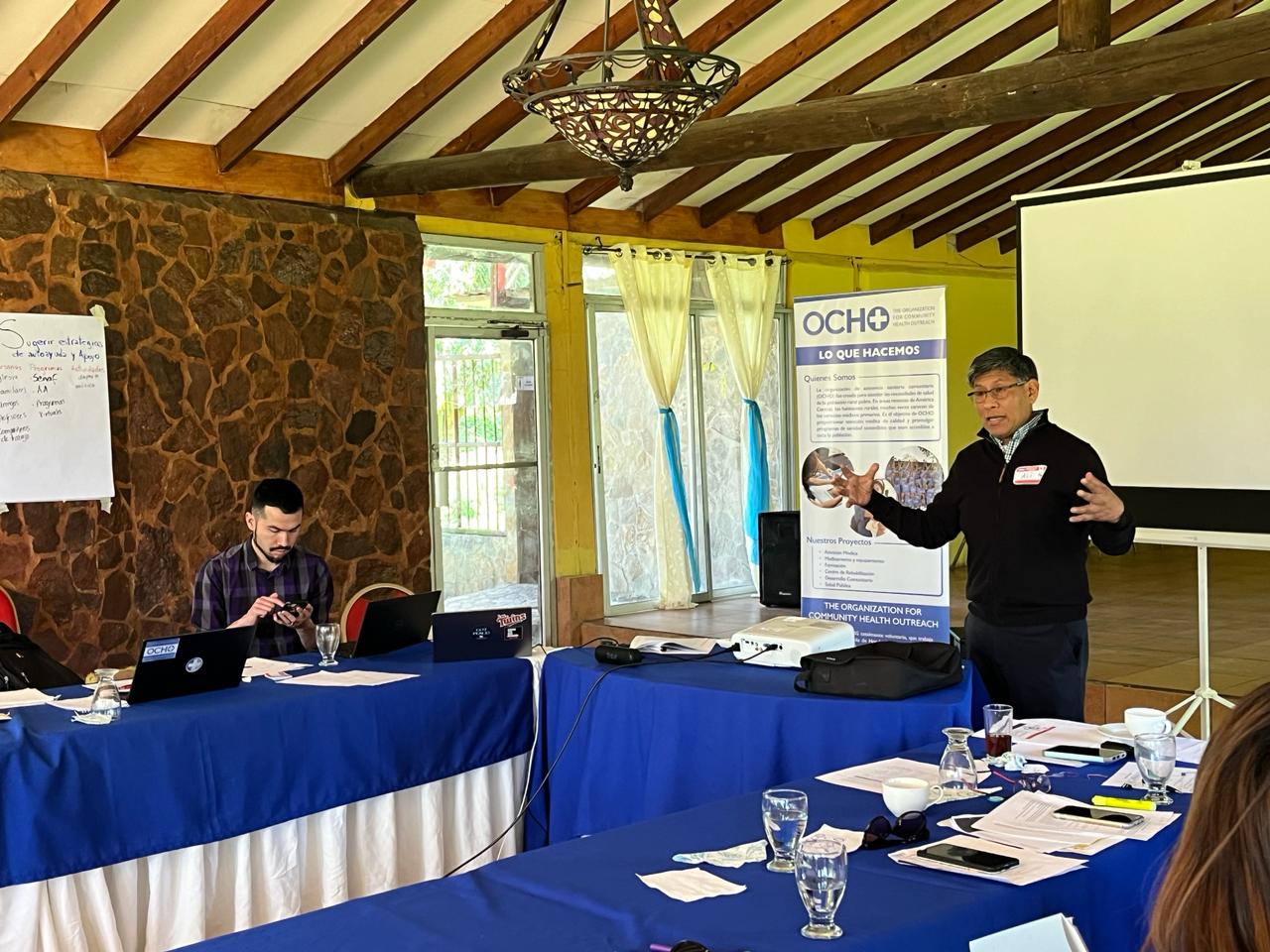 An international university-community collaboration co-led by the University of Maryland (UMD) and the Organization for Community Health Outreach, and supported by a grant from UMD’s Grand Challenges Grants program, aims to foster youth mental well-being by strengthening capacity and providing technical support to public school teachers.
An international university-community collaboration co-led by the University of Maryland (UMD) and the Organization for Community Health Outreach, and supported by a grant from UMD’s Grand Challenges Grants program, aims to foster youth mental well-being by strengthening capacity and providing technical support to public school teachers.
Last month, Dr. Ali Hurtado, Assistant Professor at the School of Public Health and Extension Specialist at the College of Agriculture and Natural Resources at UMD and principal investigator (PI) of the project, worked together with his research team to organize a two-day pilot training on youth mental health for 13 public school teachers representing three schools in Santa Barbara, Honduras.
Rooted in the principles of participatory action research, Prof. Hurtado and his colleagues are working together to develop and implement a teacher-based youth mental health training program. Utilizing a mixed-methods approach, the research team began by conducting in-depth interviews with 28 local teachers to collect their perceptions and preferences regarding an ideal youth mental health training program. Synthesizing these insights, the team adapted  the evidence-based Youth Mental Health First Aid (MHFA) training curriculum to align with the socio-cultural context of the region.
the evidence-based Youth Mental Health First Aid (MHFA) training curriculum to align with the socio-cultural context of the region.
Prof. Hurtado and his research team piloted the adapted MHFA program in the rural Honduran community of Santa Barbara. This pilot marked a significant milestone in equipping teachers with the knowledge and skills to address youth mental health challenges within their schools and communities, underscoring the impact of community-engaged research in fostering holistic well-being among rural youth populations.
This international collaboration is working towards the 2030 United Nations Sustainable Development Goals (SDGs) by: 1) enhancing public school teachers’ mental health knowledge and skills, 2) offering them technical assistance and support via mobile-Health applications, and 3) connecting with families through existing efforts such as ‘escuela para padres.’
 A systematic analysis of data collected from the pilot study will help the team to develop an evidence-based refinement of intervention strategies. Future efforts will be directed toward scaling up the team’s implementation process to serve a broader cohort of educators, thereby amplifying the reach and impact of the intervention.
A systematic analysis of data collected from the pilot study will help the team to develop an evidence-based refinement of intervention strategies. Future efforts will be directed toward scaling up the team’s implementation process to serve a broader cohort of educators, thereby amplifying the reach and impact of the intervention.
The team is also exploring the development of a technologically driven component to sustain ongoing engagement with the community. This component will include the use of a digital platform to facilitate continuous communication, dissemination of resources, and provision of real-time support to teachers.
For more information, visit the Grand Challenges Grant project page.
